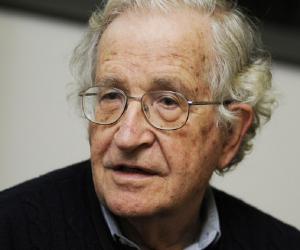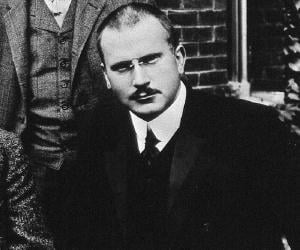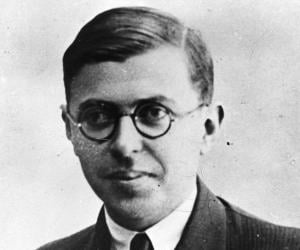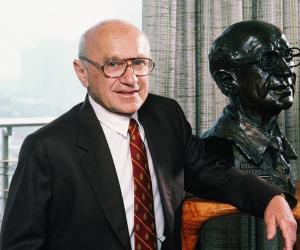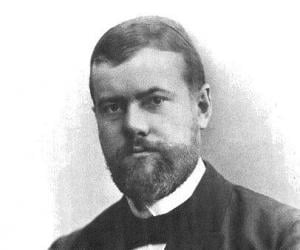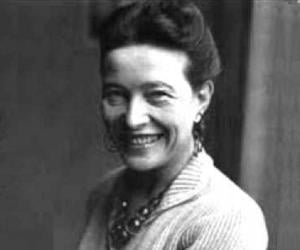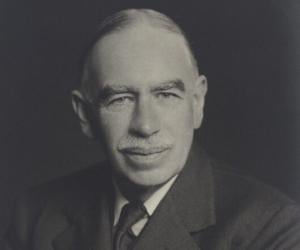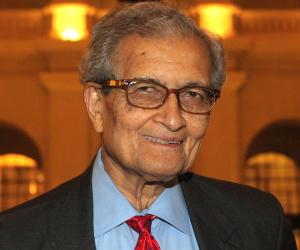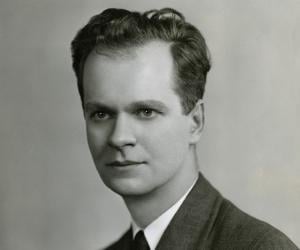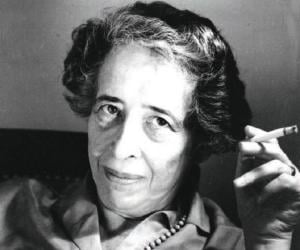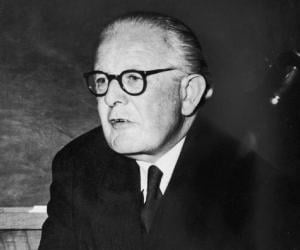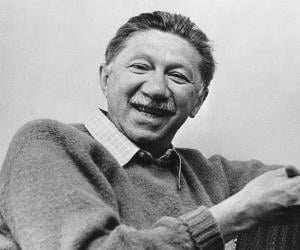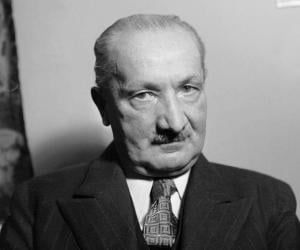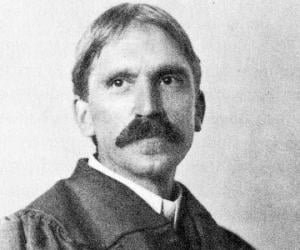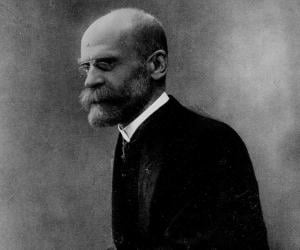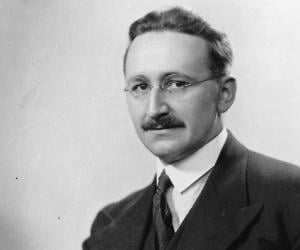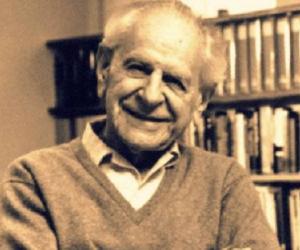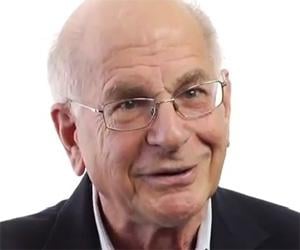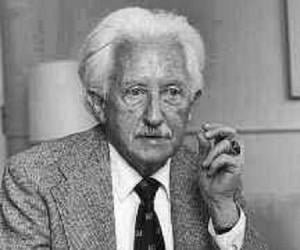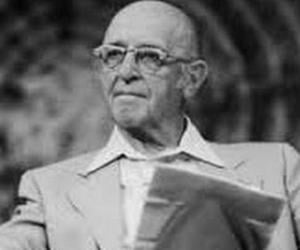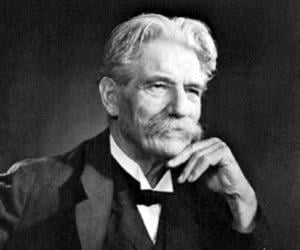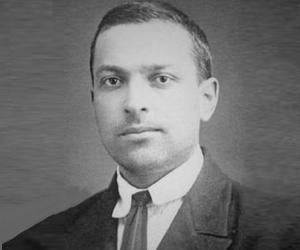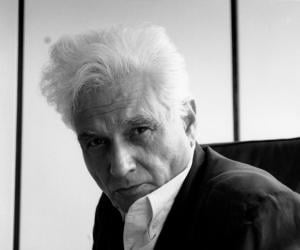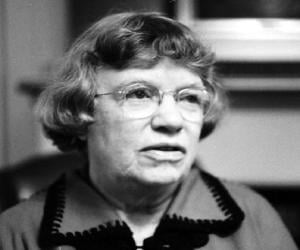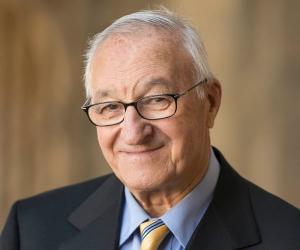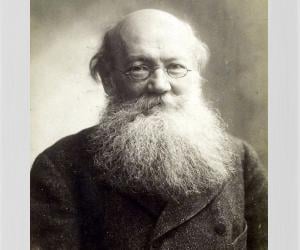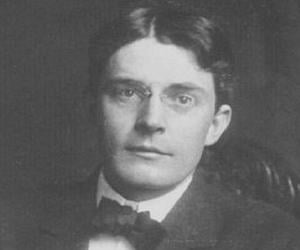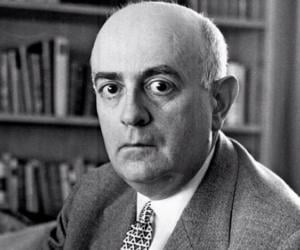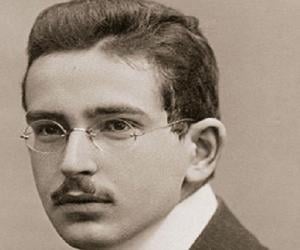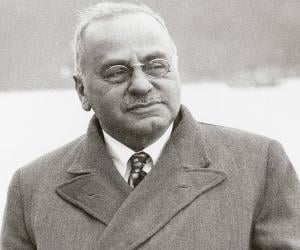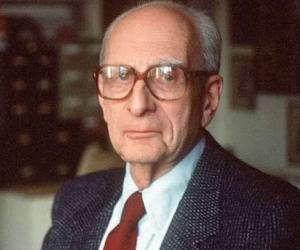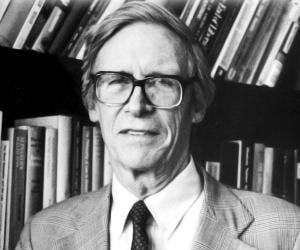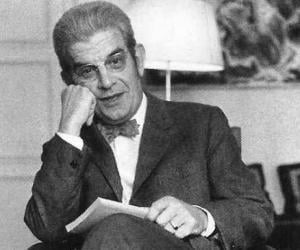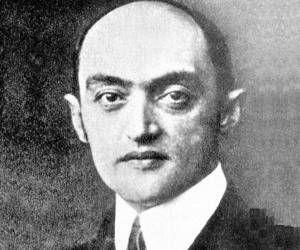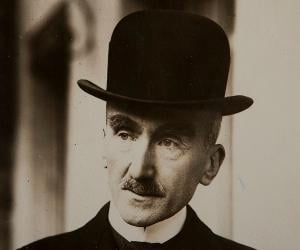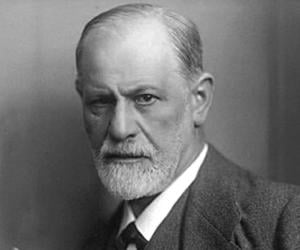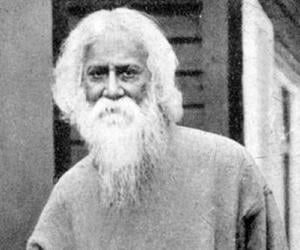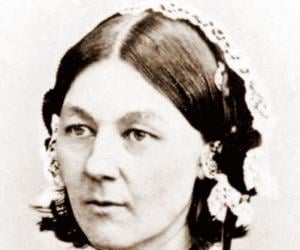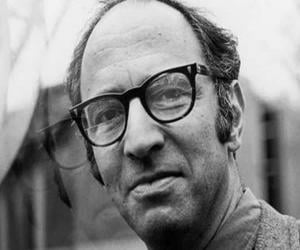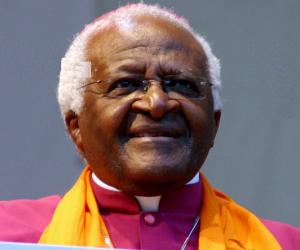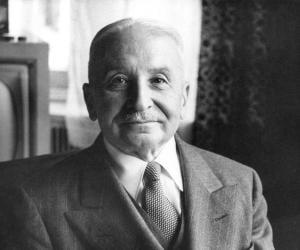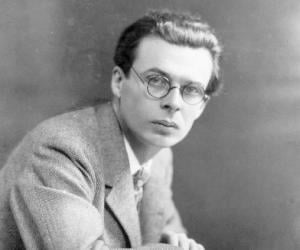Regarded by many as the father of modern linguistics, Noam Chomsky has authored over 100 books on varied topics, such as politics, linguistics, and war. A multi-talented personality, Noam Chomsky is considered a popular figure in analytic philosophy. Apart from influencing a wide array of academic fields, he has also contributed to the development of cognitivism.
Widely regarded as the father of analytical psychology, Carl Jung is one of the most important contributors to symbolization and dream analysis. The concepts of socionics and a popular psychometric instrument called Myers-Briggs Type Indicator (MBTI) were developed from Jung's theory. Apart from working as a psychiatrist and psychoanalyst, Carl Jung was also an artist, craftsman, builder, and prolific writer.
Albert Camus was a French philosopher and the second-youngest recipient of the Nobel Prize in Literature. His philosophical views contributed to the rise of absurdism, a philosophical concept. Also a prolific writer, Albert Camus had an illustrious literary career; most of his philosophical essays and novels are still influential.
Jean-Paul Sartre was a French philosopher, writer, literary critic, and political activist. One of the most important personalities in the philosophy of phenomenology and existentialism, Sartre played a crucial role in 20th-century French philosophy. His work continues to influence literary studies, post-colonial theory, sociology, and critical theory. He was honored with the 1964 Nobel Prize in Literature.
Milton Friedman was an American economist. Widely regarded as one of the most influential economists of the 20th century, Friedman was honored with the Nobel Memorial Prize in Economic Sciences in 1976. One of the most influential personalities of the Chicago school of economics, Friedman mentored people like Gary Becker and Thomas Sowell who went on to become leading economists.
Max Weber was a German historian, political economist, jurist, and sociologist. Widely regarded as one of the most influential and important theorists, Weber's ideas had a profound influence on social research and social theory. Although he did not see himself as a sociologist, Weber is often counted among the fathers of sociology alongside Émile Durkheim, Auguste Comte, and Karl Marx.
John Maynard Keynes was an English economist. His ideas are credited with changing the theory and practice of the economic policies and macroeconomics of governments at a fundamental level. Counted among the 20th century's most influential economists, Keynes' ideas are the basis for Keynesian economics. In 1999, he was named in Time magazine's Most Important People of the Century list.
B. F. Skinner was an American behaviorist, psychologist, inventor, author, and social philosopher. Skinner, who taught psychology at Harvard University, is credited with founding a school of thought in psychology called the experimental analysis of behavior. Regarded as a pioneer of modern behaviorism, Skinner was named the 20th century's most influential psychologist, according to a survey conducted in June 2002.
Hannah Arendt was a political theorist. Widely regarded as one of the 20th century's most prominent political thinkers, Hannah Arendt's articles and books have had a significant influence on philosophy and political theory. Her life and work inspired the 2012 biographical drama film, Hannah Arendt. Her work has also inspired several biographies written by popular authors.
Abraham Maslow was an American psychologist best remembered for creating an idea in psychology called Maslow's hierarchy of needs. Maslow, who advocated self-actualization, is also credited with co-founding the school of transpersonal psychology. In 1967, he was adjudged Humanist of the Year by the popular non-profit organization, American Humanist Association.
Slavoj Žižek is a Slovenian philosopher whose works in subjects, such as continental philosophy, Marxism, Hegelianism, and psychoanalysis, has gained him international influence. Often dubbed a celebrity philosopher and Elvis of cultural theory, Žižek was named in Foreign Policy's Top 100 Global Thinkers list in 2012. His work has had an impact on widespread public audiences and academic.
A staunch advocate of progressive education and liberalism, the American philosopher and psychologist was the founder of the University of Chicago Laboratory Schools. John Dewey’s famous writings included The Reflex Arc Concept in Psychology and Human Nature and Conduct. According to him, passion for knowledge and intellectual curiosity were central to a teacher. He called himself a democratic socialist.
Emile Durkheim was a French sociologist. He is credited with establishing the discipline of sociology for academic purposes and is widely regarded as the chief architect of modern social science. During his lifetime, Emile Durkheim published several works on topics like morality, religion, and education. He also played a major role in the development of sociology and anthropology as disciplines.
A winner of the Nobel Memorial Prize in Economic Sciences, Friedrich von Hayek, was an advocate of classical liberalism. The Austrian-British economist, who was also a political philosopher, co-founded the Mont Pelerin Society. He worked at the London School of Economics, the University of Chicago and the University of Freiburg and authored the popular book, The Road to Serfdom.
Daniel Kahneman is an Israeli economist and psychologist. He was honored with the 2002 Nobel Memorial Prize in Economic Sciences for his work on behavioral economics. In 2011, Kahneman was named among the top global thinkers by Foreign Policy magazine. In 2015, Daniel Kahneman was ranked seventh in the most influential economist in the world list published by The Economist.
Erik Erikson was a German-American psychoanalyst and developmental psychologist best remembered for developing a theory on the psychological development of humans. He is credited with coining the term identity crisis, the failure to achieve ego identity. Also a prolific writer, Erikson won a US National Book Award and a Pulitzer Prize for his book Gandhi's Truth.
Psychologist Carl Rogers was the first to introduce a client-centric approach to psychotherapy and addressed the patient as the client. Besides working on troubled children, he also taught at various institutes, such as the University of Chicago. On Becoming a Person remains one of his best-known books.
Albert Schweitzer was an Alsatian polymath who won the Nobel Peace Prize in 1952 for his philosophical work, Reverence for Life. He is credited with founding the Albert Schweitzer Hospital, which was a direct result of his philosophical expression. Schweitzer is also credited with influencing the Organ reform movement, which began in the mid-20th-century.
Lev Vygotsky was a Soviet psychologist best remembered for his groundbreaking work on developmental psychology in children. He is also remembered for his work on the relationship between thought and language, which remains influential to this day. A man with various interests, Vygotsky's work covered topics like the philosophy of science and the psychology of art.
Jacques Derrida was a French philosopher remembered for developing deconstruction, a form of semiotic analysis. Derrida is one of the most influential figures associated with postmodern philosophy and post-structuralism. He also had a major influence on academic disciplines like philosophy, law, political theory, anthropology, applied linguistics, and historiography. He also influenced music, art criticism, art, and architecture.
One of the most celebrated anthropologists to have ever existed, Margaret Mead is remembered for his research on a broad range of topics, such as sexual conventions in Western society. Of her 23 books, the most talked-about was the bestseller Coming of Age in Samoa.
Albert Bandura is a Canadian-American psychologist who has made significant contributions to several fields of psychology, such as personality psychology, therapy, and social cognitive theory. Regarded as the greatest living psychologist, Bandura is also counted among the most influential psychologists ever. He has been honored with over 16 honorary degrees. In 2016, Albert Bandura received the National Medal of Science.
Russian philosopher Peter Kropotkin was a passionate advocate of anarcho-communism. He was also an activist, revolutionary, economist, and sociologist. He was arrested and imprisoned for his activism in 1874. However, he managed to escape and lived in exile for over 40 years in different countries across Europe. He returned to Russia after the Russian Revolution in 1917.
John B. Watson was the first to introduce the theory of behaviorism to psychology. He believed human behavior, like animal behavior, should be studied under objective and experimental conditions. One of his experiments included conditioning the fear of white rats into an 11-year-old boy he named Little Albert.
One of the most prominent intellectuals of the 20th century, Theodor Adorno was a pioneer of the Frankfurt School of Critical Theory and despised the culture industry. Born to a singer mother, the German sociologist grew up amid music and could even play Beethoven on the piano by 12.
Walter Benjamin was a German Jewish essayist, philosopher, and cultural critic. An eclectic thinker, Benjamin made significant contributions to literary criticism, aesthetic theory, and historical materialism. Although Benjamin's work did not earn much recognition during his lifetime, it continues to be revered by academics several years after his death.
Alfred Adler was an Austrian psychotherapist and medical doctor. He is credited with founding the school of individual psychology. He was also one of the founders of the psychoanalytic movement along with Sigmund Freud and Freud's colleagues. In 2002, a survey conducted by Review of General Psychology named Adler among the 20th century's most eminent psychologists.
French social anthropologist Claude Lévi-Strauss is remembered for his contribution to structural anthropology. His book Tristes Tropiques was based on his research deep in the Brazilian Amazon. While he left France for the U.S. during World War II, he later returned to Paris and received his doctorate.
The Schock Prize and National Humanities Medal-winning American moral and political philosopher John Bordley Rawls is often counted among the most influential political philosophers of the twentieth-century. Notable books of Rawls, where he elucidated his theory of justice and which has influenced a variety of thinkers, includes A Theory of Justice and Political Liberalism.

Renowned sociologist and cultural theorist Jean Baudrillard is remembered for introducing concepts of hyperreality and simulacrum. Initially a teacher of German literature in schools, he later taught sociology at Paris X Nanterre. He coined the phrase the desert of the real, which was later used in the film The Matrix.
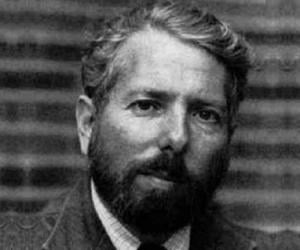
Social psychologist Stanley Milgram was inspired by the suffering of the Jews during the Holocaust to understand what drove people to harm others, and thus created his Milgram experiment. He also taught at prestigious institutes such as Harvard and Yale. His studies also included the six degrees of separation concept.

Gilles Deleuze was a French philosopher who wrote extensively on philosophy, film, fine art, and literature. Widely regarded as one of the greatest philosophers of all time, Deleuze's works have influenced a wide range of disciplines, such as philosophy, literary theory, and art. His work has also influenced movements like postmodernism and post-structuralism.
Canadian clinical psychologist, writer and YouTuber, Jordan Peterson became internationally known in the 2010s for his views on cultural and political issues. He propogates his views and ideas primarily through YouTube and podcasts. He has shared many videos and podcasts that have received millions of views.
French philosopher, Henri Bergson, is remembered for his contribution to the tradition of continental philosophy. His works were considered extremely influential, especially during the first half of the 20th century. He received the Nobel Prize in Literature (1927) and Grand-Croix de la Legion d'honneur (1930). He was a simple man who led a humble life despite his great achievements.
Regarded as the father of psychoanalysis, Sigmund Freud was a neurologist. Despite suffering criticism, psychoanalysis remains influential in the fields of psychology and psychiatry; such is the influence Freud has on humanities. Scholars believe that Freud is one of the most influential personalities of the 20th century and that his impact is comparable to that of Marxism and Darwinism.
Jane Goodall is an English anthropologist and primatologist. Goodall's research proved that chimpanzees could use tools like stalks of grass to fish out termites from termite holes; this also challenged the long-held belief that chimpanzees were vegetarians. Goodall also discovered that chimpanzees are capable of emotions like sorrow and joy. Goodall is also credited with founding the Jane Goodall Institute.
Rabindranath Tagore was an Indian polymath who contributed greatly to the fields of literature, art, and philosophy. Referred to as the Bard of Bengal, Tagore is credited with reshaping Bengali literature and music. The first non-European to receive the Nobel Prize in Literature, Tagore is also credited with composing the national anthems of India and Bangladesh.
American philosopher of science Thomas Kuhn is noted for his book on history of science, The Structure of Scientific Revolutions, publication of which marked a significant event in the history, philosophy, and sociology of science. He presented his notion of paradigm shift and identified and elaborated on normal science in this book which remained influential in academic and popular circles.
Alan Watts was a British writer, philosopher, and speaker. He is credited with popularizing Hinduism, Taoism, and Buddhism in the Western world. A prolific writer, Alan Watts wrote one of Buddhism's first bestselling books, The Way of Zen. He also explored psychedelics and human consciousness in his works, such as The Joyous Cosmology and The New Alchemy.
English writer and philosopher Aldous Huxley wrote countless books, including novels, short stories, non-fiction, and poems. He is best remembered for his science-fiction novels Brave New World and Island. The seven-time Nobel Prize nominee was also a Companion of Literature of the Royal Society of Literature and a Vedanta believer.
